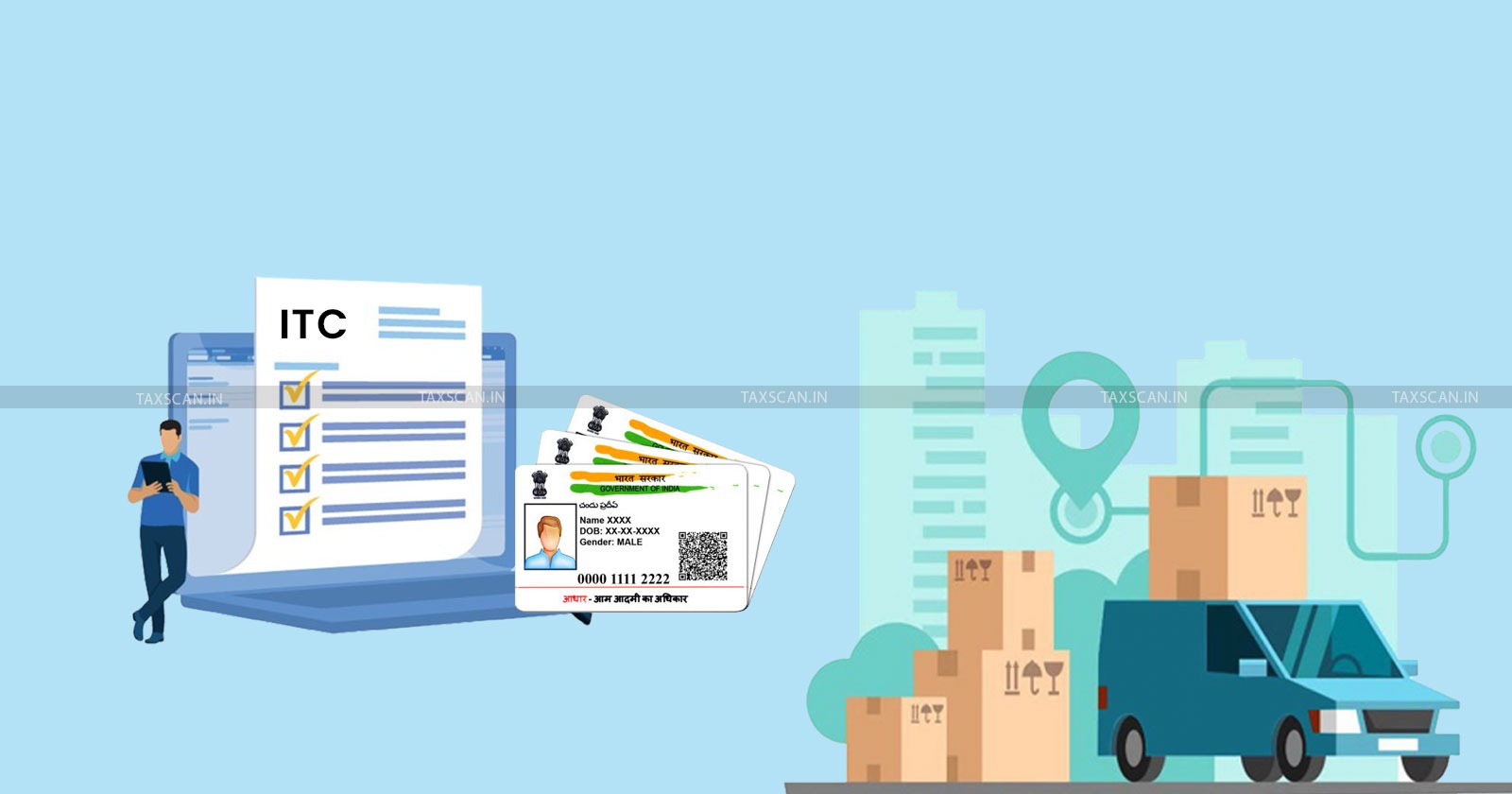New GST Rule Amendments Effective Feb 11 & Apr 1, 2025: Know Changes in Aadhaar, ITC & E-Way Bills
GST rule amendments take effect on Feb 11 & Apr 1, 2025, with key changes in Aadhaar authentication, ITC, and e-way bills

The Ministry of Finance, through the Central Board of Indirect Taxes and Customs (CBIC), has released Notification No. 09/2025 – Central Tax (G.S.R. 129(E)), under the authority of Section 164 of the Central Goods and Services Tax (CGST) Act, 2017. This notification details the enforcement dates for specific provisions of the Central Goods and Services Tax (Amendment) Rules, 2024.
The notification sets the following implementation schedule:
Provisions Effective from February 11, 2025
The following rules from the Central Goods and Services Tax (Amendment) Rules, 2024 will come into force on February 11, 2025:
- Rule 2 – Amendments to Rule 8(4A) (Aadhaar Authentication for GST Registration)
- Rule 24 – Introduction of FORM GST ENR-03 for E-Way Bill Enrolment by Unregistered Persons
- Rule 27 – Mandating FORM GST ENR-03 for E-Way Bill Generation by Unregistered Entities
- Rule 32 – Introduction of Table 3.1.1 in GSTR-3B for Reporting Supplies Under Section 9(5)
Become a PF & ESIC expert with our comprehensive course - Enroll Now
Provisions Effective from April 1, 2025
The following rules will come into force on April 1, 2025:
- Rule 8 – Amendments to Rule 39 (Input Tax Credit (ITC) Distribution by Input Service Distributors (ISD))
- Rule 37 – Modifications in GSTR-7 Format (Tax Deducted at Source (TDS) Reporting)
- Clause (ii) of Rule 38 – Updates in FORM GSTR-8 (Tax Collected at Source (TCS) Reporting by E-Commerce Operators)
Rules Details - Effective February 11, 2025:
Rule 2 introduces amendments to Rule 8(4A) concerning Aadhaar authentication for GST registration. Applicants opting for Aadhaar authentication will have their application submission date determined either by the date of authentication or 15 days from submitting Part B of FORM GST REG-01, whichever is earlier. Those who do not opt for Aadhaar authentication must visit a Facilitation Center for photograph and document verification, with their application deemed complete only after successful verification.
Become a PF & ESIC expert with our comprehensive course - Enroll Now
Rule 24 brings an amendment to Rule 138(3), introducing FORM GST ENR-03 for unregistered persons who are required to generate an e-way bill (FORM GST EWB-01) or choose to do so voluntarily. Such persons must submit their details electronically through the common portal or a Facilitation Centre, after which a Unique Enrolment Number (UEN) will be assigned upon successful validation.
Rule 27 further formalizes the enrolment process for unregistered persons with the introduction of FORM GST ENR-03, which is now required for generating an E-way Bill.
Rule 32 introduces Table 3.1.1 in GSTR-3B, requiring both suppliers and e-commerce operators to report supplies made under Section 9(5) separately. This change aims to streamline compliance for e-commerce transactions and ensure clarity in tax liability reporting.
Rules Details - Effective from April 1, 2025:
Rule 8 introduces revisions to Rule 39, modifying the distribution of Input Tax Credit (ITC) by Input Service Distributors (ISD). The revised rule mandates that ITC must be distributed within the same month and reported in FORM GSTR-6. ITC will now be allocated proportionally based on the turnover of recipients, ensuring greater accuracy in ITC allocation and compliance. The rule specifies that ITC on integrated tax (IGST) must be distributed as IGST, while ITC on central and state/UT tax must be distributed accordingly.
Become a PF & ESIC expert with our comprehensive course - Enroll Now
Rule 37 introduces changes to GSTR-7, which deals with Tax Deducted at Source (TDS) reporting. The revised format restructures Table 3 and Table 4, enhancing the reporting of invoice details, payment amounts, and tax deductions under CGST, SGST/UTGST, and IGST. A new instruction clarifies that the amount liable for TDS should exclude the tax components mentioned in the invoice, ensuring better accuracy in TDS compliance.
Clause (ii) of Rule 38 updates FORM GSTR-8, which is filed by e-commerce operators (ECOs) for TCS (Tax Collected at Source) reporting. The amendment modifies the structure of Table 3 and Table 4, ensuring a clearer categorization of supplies made to registered and unregistered persons. The term “GSTR-1” has been replaced with “(GSTR-1 or GSTR-1A)” to accommodate amendments in outward supply reporting.
The impact of these amendments is expected to be far-reaching. For businesses, these changes will streamline compliance, particularly in ITC distribution, e-commerce tax reporting, and e-way bill generation.
The structured format for TDS and TCS reporting will enable better tracking of tax deductions, while the mandatory Aadhaar authentication for GST registration will reduce fraudulent registrations and improve the integrity of the tax system. E-commerce operators, who are required to separately report Section 9(5) transactions, will benefit from greater transparency in tax liabilities.
Support our journalism by subscribing to Taxscan premium. Follow us on Telegram for quick updates


